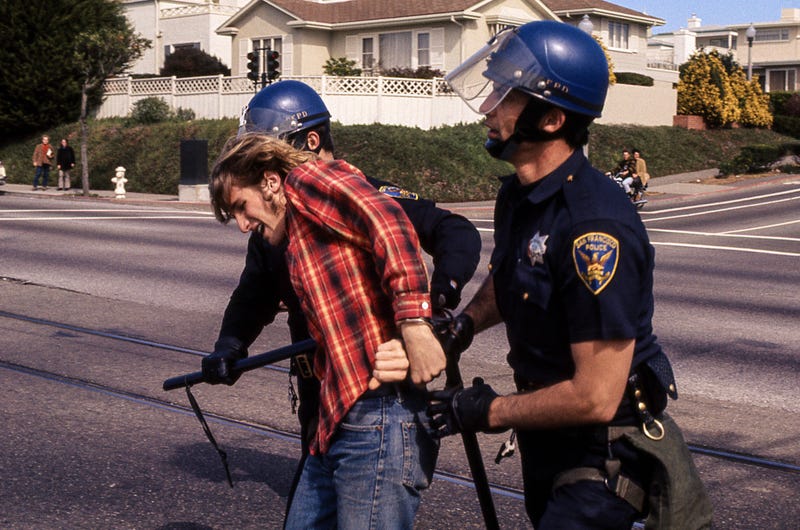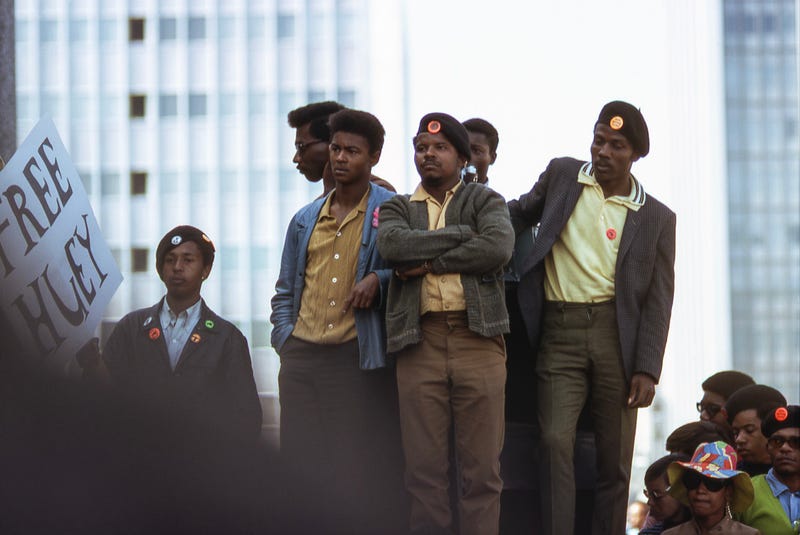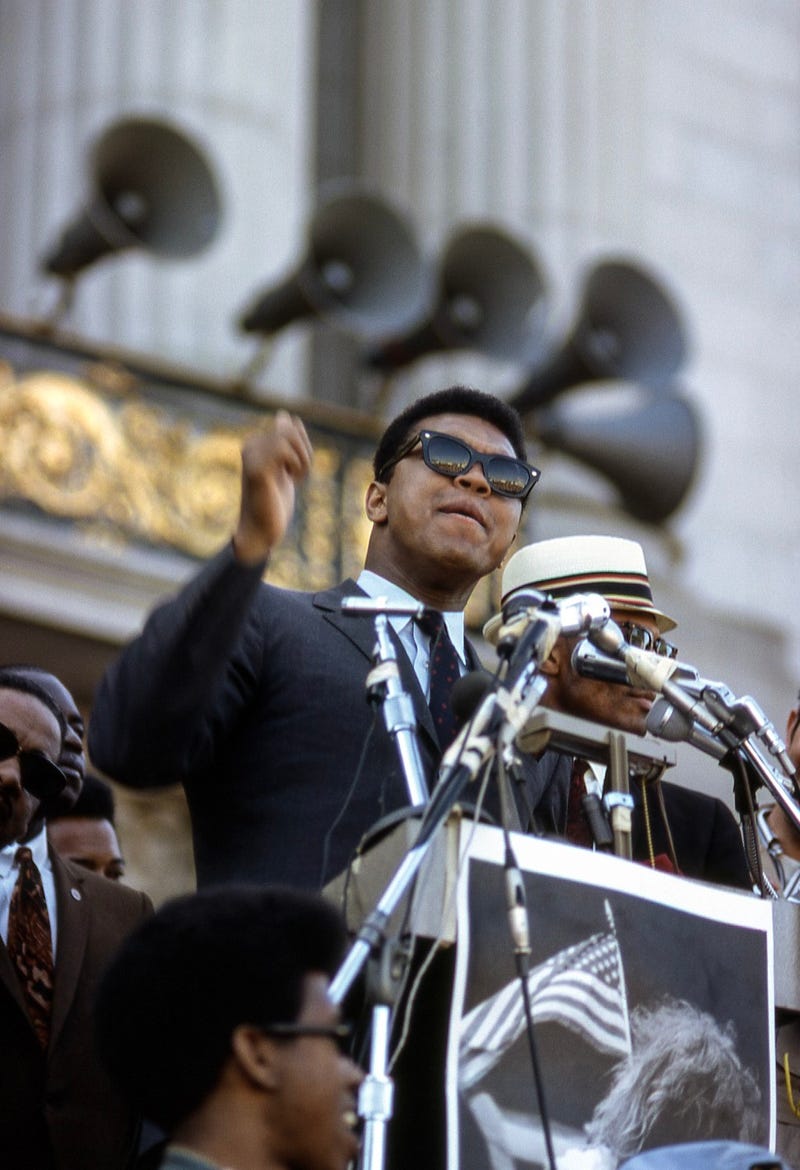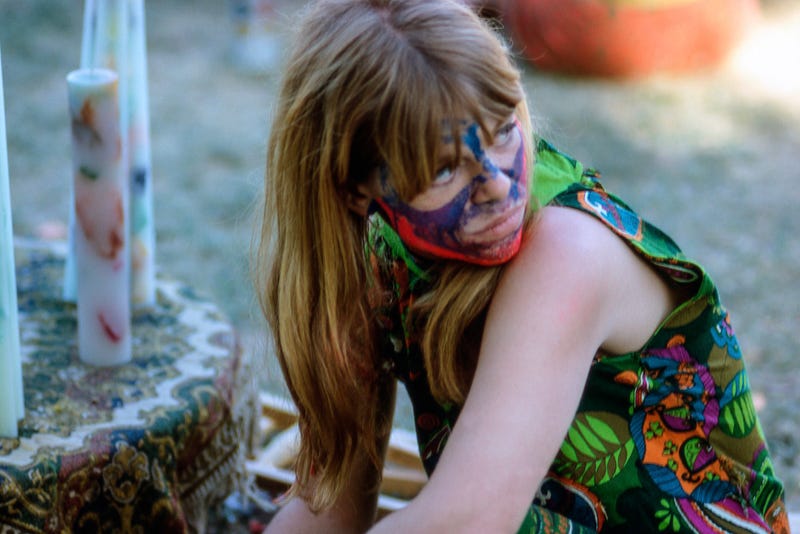
SAN FRANCISCO (KCBS RADIO) – An ambitious Northern California photographer is hoping to solve the mystery of who shot thousands of unprocessed and uncredited photos depicting the Bay Area activism of the late 1960s.
The settings for the dramatic shots include University of California-Berkeley, San Francisco State, Golden Gate Park, Oakland City Hall, and San Francisco’s Civic Center Plaza.
The Bay Area provided the backdrop as the mystery photog captured civil rights marches, anti-war protests, and the Summer of Love.

“Every major issue, every major event, this photographer seems to have been there,” said Bill Delzell. He is a Sacramento-based photographer who caught wind of the collection, which was purchased in a storage unit auction before bouncing around for years.
The questions about these photos swirled for Delzell: Who was the mysterious person behind the lens and what is their story? What was their motivation? Were they a burgeoning young journalist or someone doing surveillance?
Delzell says it is highly unusual for a photographer to be separated from their work at this scale.
By nature of the film being unprocessed, it means even the original photographer has never seen the shots.
“It’s just unimaginable to me,” said Delzell. “I really see myself as an advocate for the photographer and hope to be able to discover their story.”
There are no clues to work from except for one single photo, where the partial likeness of the photographer can be seen in the reflection of a window.

“It’s just enough to point to a young person, a fine-featured person, possibly a woman, loose fitting clothes, a bracelet, a camera to their eye,” said Delzell. “But that’s it, that’s all we have.”
There are still photos to be processed and Delzell is launching a KickStarter to keep the detective work going.
The film requires a very specific process to preserve the photos – requiring Dezell to drive it himself to Montana where a restoration specialist. He then takes it the rest of the way across the Canadian border to Saskatchewan to a lab. The lengthy journey is required to avoid the negatives being put through an X-Ray.
“That could be disastrous for this film,” Delzell explained.
Delzell’s “Who Shot Me” KickStarter campaign is approaching the halfway point of the $49,000 required in the next five days. In some of his initial work in sharing the photos, he’s found an almost unthinkable serendipity.
Potentially the most improbable was a random selection of five photos he chose to send to longtime friend Katy Kavanaugh, who grew up in the Haight. Stunningly, she spotted herself – as a child with her family at a march – in one of the photos.

“If you think of the odds of that, they’re pretty mind-bending.”
Until the photographer is found, the shots are being digitized and preserved at the Internet Archive in San Francisco.
Delzell’s primary aim is to reunite the photos – and their copyrights – with the original photographer, allowing them to do whatever they’d like with them.
Secondarily, Delzell is hoping to build a public archive of the photos that could be used in the classroom for teachers, with the added context provided by those in the photos.
“Today, we can start adding stories to these images,” said Delzell.
